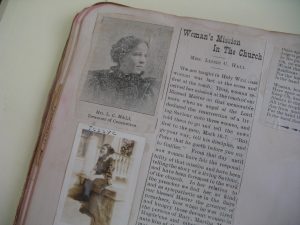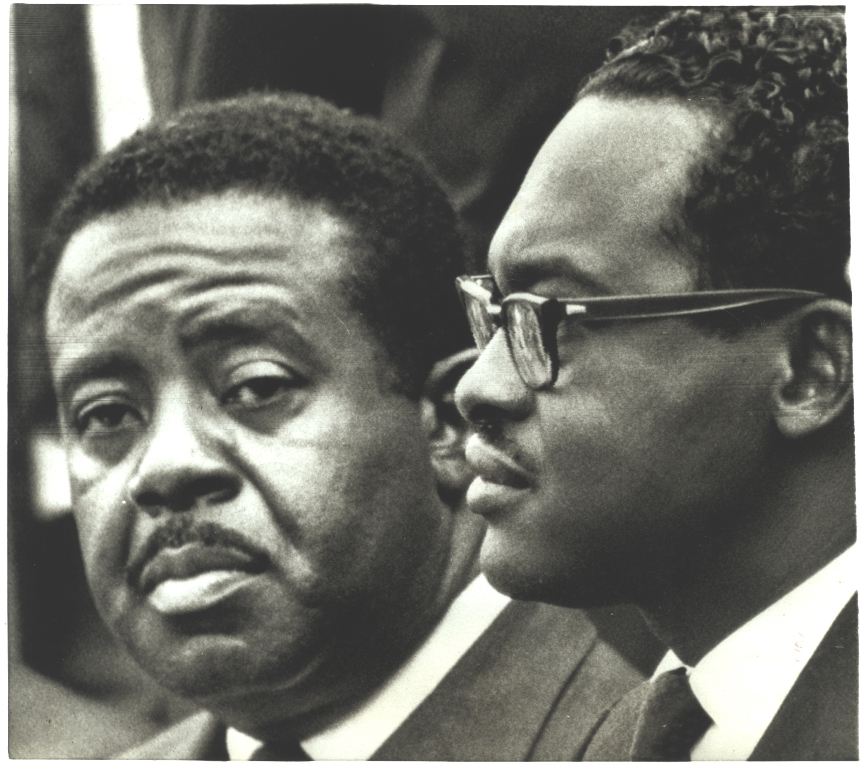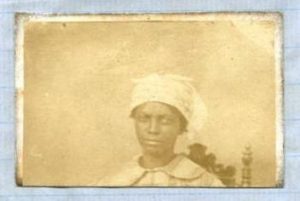This Sunday, August 28, 2011, four names will be added to a plaque at Chapel Hill’s “Peace and Justice Plaza.” Yonni Chapman, Rebecca Clark, Rev. Charles M. Jones and Dan Pollitt will all be honored posthumously for their contributions to civil rights, social justice and equality in the Chapel Hill community. The ceremony will begin at 3pm in front of the Historic Chapel Hill Post Office on Franklin Street, just across the street from UNC’s McCorkle Place. For the full story, see the article, “Four Honored for Activism,” from the Chapel Hill News.
The Southern Historical Collection is proud to preserve a large body of material that documents the lives and legacies of these four activists, including:
Charles Miles Jones Papers – The collection includes correspondence, church documents and publications, clippings, and other items reflecting Jones’s ministry and concern for civil rights. Materials generally focus on his public rather than personal life with a special emphasis on the 1952-1953 investigation of his Chapel Hill Presbyterian Church ministry. General correspondence includes letters from supporters (among them Frank Porter Graham) and detractors, commenting on the investigation, Jones’s sermons, and several well-publicized actions in support of social justice causes.
Oral history interview with Rebecca Clark (1 interview available online via DocSouth’s Oral Histories of the American South project) – In this interview, Rebecca Clark recalls living and working in segregated North Carolina. She finished her schooling in all-black schools, so the bulk of her experience with white people in a segregated context took place in the work world. There she experienced economic discrimination in a variety of forms, and despite her claims that many black people kept quiet in the face of racial discrimination at the time, she often agitated for, and won, better pay. Along with offering some information about school desegregation, this interview provides a look into the constricted economic lives of black Americans living under Jim Crow.
John K. Chapman Papers (available Fall 2011) – This collection documents Yonni Chapman’s social activism and academic achievements, and offers an account of nearly four decades of progressive racial, social, and economic justice struggles in the central North Carolina region. Organizational materials, including correspondence, notes, newsletters and reports, document the activities of the Communist Workers’ Party, the Federation for Progress, the Orange County Rainbow Coalition of Conscience, the New Democratic Movement, the Freedom Legacy Project, and the Campaign for Historical Accuracy and Truth, among other organizations on the UNC-Chapel Hill campus, in Chapel Hill, N.C., Durham, N.C., Raleigh, N.C., and Greensboro, N.C. Workers’ rights and racial justice campaigns and commemorations, including those of the Greensboro Massacre and the campaign to end the Cornelia Phillips Spencer Bell Award on the UNC-Chapel Hill campus, are documented in paper, audio, visual, and photographic formats.
Daniel H. Pollitt Papers (available Fall 2012) – This collection documents Dan Pollitt’s distinguished career as an attorney, professor in the University of North Carolina Law School, and civil rights activist in the American South. The collection documents Pollitt’s activities with a number of organizations, including: the National Labor Relations Board, the National Sharecroppers Fund, the NAACP, the North Carolina Civil Liberties Union, the American Association of University Professors, the Rural Advancement Fund, and other organizations. Material also covers Pollitt’s involvement with the Speaker Ban controversy at the University of North Carolina, his opposition to the death penalty in North Carolina, issues of congressional misconduct, and many other legal and ethical matters.
Oral history interviews with Daniel H. Pollitt (13 interviews, many of which are available online via DocSouth’s Oral Histories of the American South project)




 On this date, forty four years ago, President Lyndon B. Johnson signed into law the “National Voting Rights Act of 1965.” The Act was intended to enforce the fifteenth amendment to the U.S. Constitution. It did so by outlawing disfranchisement practices adopted in many southern states after the Civil War, including literacy tests. Amazingly, the 1965 Act was ratified some 95 years after the fifteenth amendment was signed into law.
On this date, forty four years ago, President Lyndon B. Johnson signed into law the “National Voting Rights Act of 1965.” The Act was intended to enforce the fifteenth amendment to the U.S. Constitution. It did so by outlawing disfranchisement practices adopted in many southern states after the Civil War, including literacy tests. Amazingly, the 1965 Act was ratified some 95 years after the fifteenth amendment was signed into law.